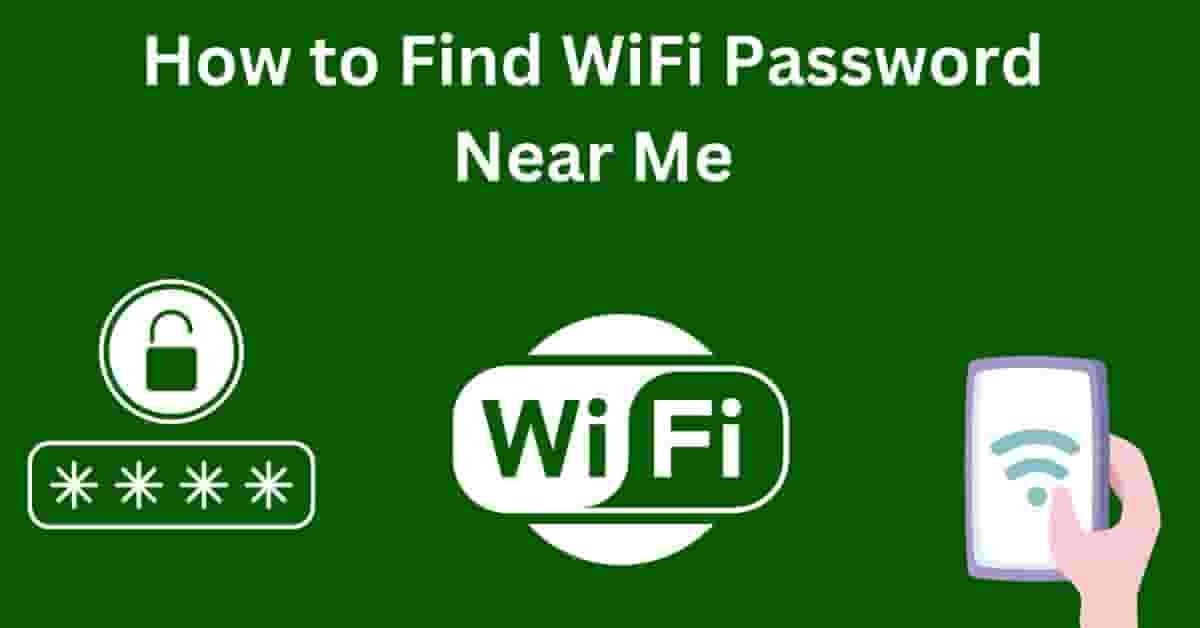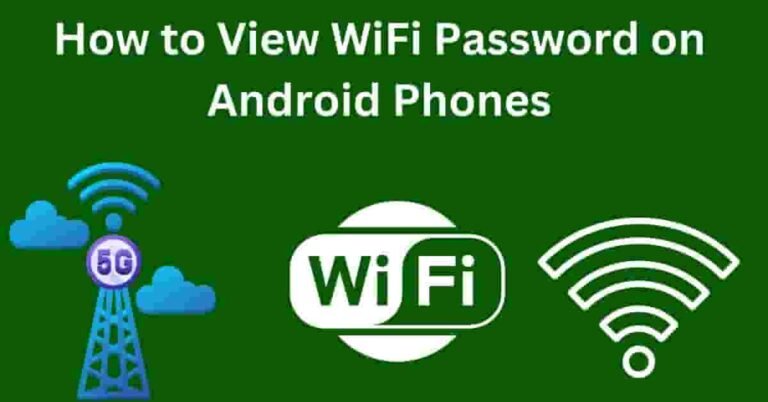In today’s interconnected world, where staying online is a necessity, having access to WiFi becomes paramount. Whether you’re at a friend’s house, a coffee shop, or any public place, knowing how to find WiFi passwords near you can save you from the hassle of asking around. Let’s explore some ethical and legal ways to discover WiFi passwords without compromising security or privacy.
WiFi Password Matters
WiFi has become an integral part of our daily lives, providing seamless internet connectivity. Sometimes, finding the password for a nearby WiFi network can be useful, but it’s crucial to approach this ethically and legally.
Why Knowing WiFi Passwords Matters
Understanding why knowing WiFi passwords matters is essential. It can enhance your online experience, offering convenience and accessibility while respecting the security of the network.
Legal Considerations
Before delving into methods to find WiFi passwords, it’s vital to consider the legal and ethical aspects. Unauthorized access to networks can have serious consequences, emphasizing the importance of obtaining passwords through legal means.
Methods to Find WiFi Password Near Me
Asking the Owner
The simplest and most straightforward method is to ask the owner of the WiFi network for the password. It promotes transparency and ensures you have permission.
Checking Router Information
Accessing the router settings can provide the necessary details. Connect to the network, access the router’s IP address, and log in with the default credentials to find the WiFi password.
Utilizing WiFi Sharing Apps
Certain apps facilitate the sharing of WiFi passwords among users. Ensure these are used responsibly and adhere to ethical guidelines.
Using Network Settings
Accessing WiFi passwords through device settings is a user-friendly method. Navigate to network settings, find the connected network, and reveal the password.
Router Label Information
Many routers have the default WiFi credentials printed on a label. Check the router for this information, ensuring you have permission to access it.
WiFi Password Cracking Tools
While some tools claim to crack WiFi passwords, their use raises ethical concerns. Always prioritize legal and responsible methods to access WiFi networks.
WiFi Password Sharing Communities
Online communities exist where users willingly share WiFi passwords. Engage responsibly and be cautious about potential security risks.
Social Engineering Precautions
Manipulating individuals for WiFi passwords is unethical. Respect others’ privacy and avoid engaging in activities that compromise trust.
Securing Your Own WiFi
In the quest to find WiFi passwords, don’t forget to secure your own network. Use strong passwords and encryption to prevent unauthorized access.
Legal Implications of Unauthorized Access
Unauthorized access to WiFi networks can lead to legal consequences. Stay informed about the laws surrounding network security to avoid legal troubles.
Educational Awareness
Promote ethical use of technology and raise awareness about the implications of unauthorized access. Encourage responsible behavior in the digital space.
WiFi Password Management Apps
For those who struggle with multiple passwords, consider using password management apps to securely store and organize WiFi credentials.
Community Etiquette
Respect the privacy and security of others when seeking WiFi passwords. Uphold community etiquette to foster a trustworthy online environment.
Conclusion
In conclusion, finding WiFi passwords near you can be done ethically and legally. It’s essential to prioritize security, respect privacy, and promote responsible behavior in the digital realm.
FAQs
- Is it legal to ask for WiFi passwords?
- Asking for WiFi passwords is legal as long as you have permission from the network owner.
- Are WiFi password cracking tools safe to use?
- Using WiFi password cracking tools is not recommended as they can pose security risks and may be illegal.
- How can I secure my own WiFi network?
- Secure your WiFi network by using a strong password, enabling encryption, and regularly updating security settings.
- What are the consequences of unauthorized access to WiFi networks?
- Unauthorized access to WiFi networks can lead to legal consequences, including fines and legal action.
- Are there any legal WiFi password sharing communities?
- While some communities exist, users should be cautious, as sharing WiFi passwords without permission may have legal implications.


![Flipkart & Amazon Loot Deals: 100% Working Coupons & Sale Offers [Updated] Flipkart & Amazon Loot Deals 100% Working Coupons & Sale Offers [Updated]](https://healthscalers.com/wp-content/uploads/2025/09/Flipkart-Amazon-Loot-Deals-100-Working-Coupons-Sale-Offers-Updated-768x402.jpg)


